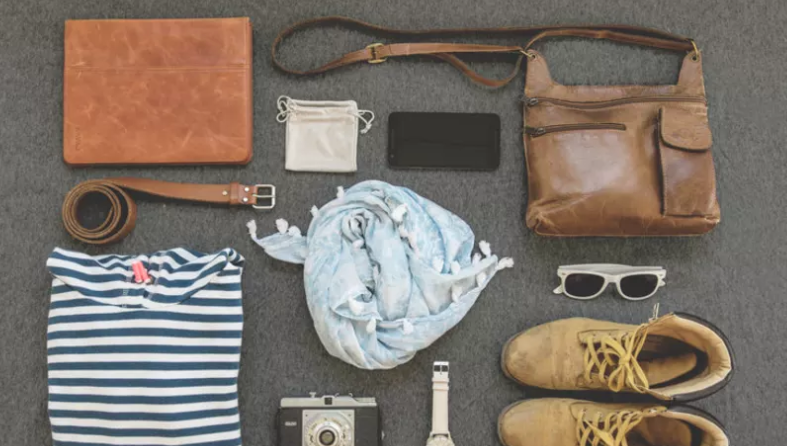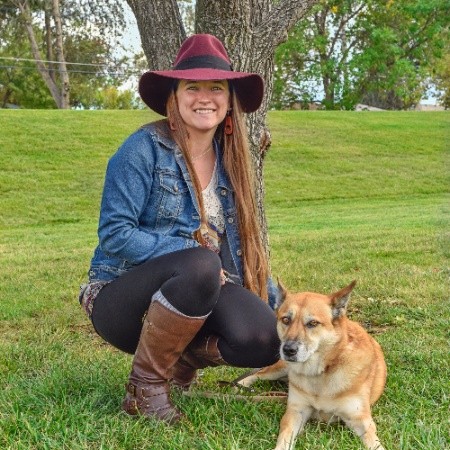
Belonging vs. Belongings: How Your Things Affect Your Well-Being
As I was writing down my goals for 2018 earlier this year - some of which include substantially downsizing my things - I wrote the phrase “get rid of (or sell) my belongings” and it occurred to me what a weighty word ‘belongings’ is.
As I was writing down my goals for 2018 earlier this year - some of which include substantially downsizing my things - I was writing the phrase “get rid of or sell my belongings” and it occurred to me what a weighty word ‘belongings’ is.
I believe ‘belonging’ to be a two-way street. I belong to you and you belong to me. Therefore, my couch belongs to me but part of me also belongs to it.
Trending towards less
In the past few years there’s been a lot of talk about minimalism and having few possessions. Thanks to The Minimalists (who define Minimalism as “A tool to rid yourself of life’s excess in favor of focusing on what’s important—so you can find happiness, fulfillment, and freedom.”) and the KonMari Method, a lot of folks are starting to realize that things don’t bring happiness. There has also been a lot of talk, thanks to the inimitable Brene Brown, about belonging. She has such a great way of explaining how we need to belong to everything and nothing, everyone and no one. In realizing that my stuff belongs to me and that I also belong to it, I also uncovered why it’s always felt so good to get rid of things. I love dropping off a huge bundle to the thrift store or giving things to friends, because now these things can provide other people more use and joy than they did for me anymore. I also realized why I have often felt trapped in my own home - a place which also brings me a lot of peace and happiness.
Question your attachments
Have you ever been going through your things - either because you’re moving to a new home, getting a box ready to take to the thrift store or simply tidying up before company comes over - and you see something that makes you think “why do I still have this thing?” Yet when you try to get rid of it, something inside your chest pulls it back into your life. Or have you ever kept something because there’s a possibility that some day in the future, who knows when for certainly not now, it could be useful? Or have you ever bought a thing or accepted a gift solely because you knew there was a space for it in your home, whether or not you actually liked or needed the thing? I, for one, don’t want ‘things’ to have that much power over me, my energy or my time. The things I choose to have around are tools that I can employ to enrich my life, not beings that have a say in how I live it. Our things can certainly be a source of self-expression and our homes should make us feel comfortable, however, we shouldn’t allow inanimate objects to dictate any more than just that.
What we truly need
Evolutionarily, humans have needed to belong in a group of other humans in order to survive. When we lived in caves, we’d share all the food we hunted and gathered and we’d take care of each other. A lone person out in the wilderness wouldn’t survive very long. These days, we hunt for deals at the grocery store and gather stuff to seemingly fill the void left in our souls from the absence of a sense of self-belonging. We do still need our community and our community needs us. Hanging out with people who allow you feel that sense of belonging alleviates symptoms of depression and anxiety. It boosts our immune systems and leads to an overall sense of fulfillment and peace. I encourage you to take stock of the things and people with which you place your sense of belonging and adjust as necessary. Let’s pay more attention to how we’re loving people and using things, and not the other way around.

Guest Post by: Holly Priestley, Founder of Honeycomb Coaching honeycombcoaching@gmail.com


